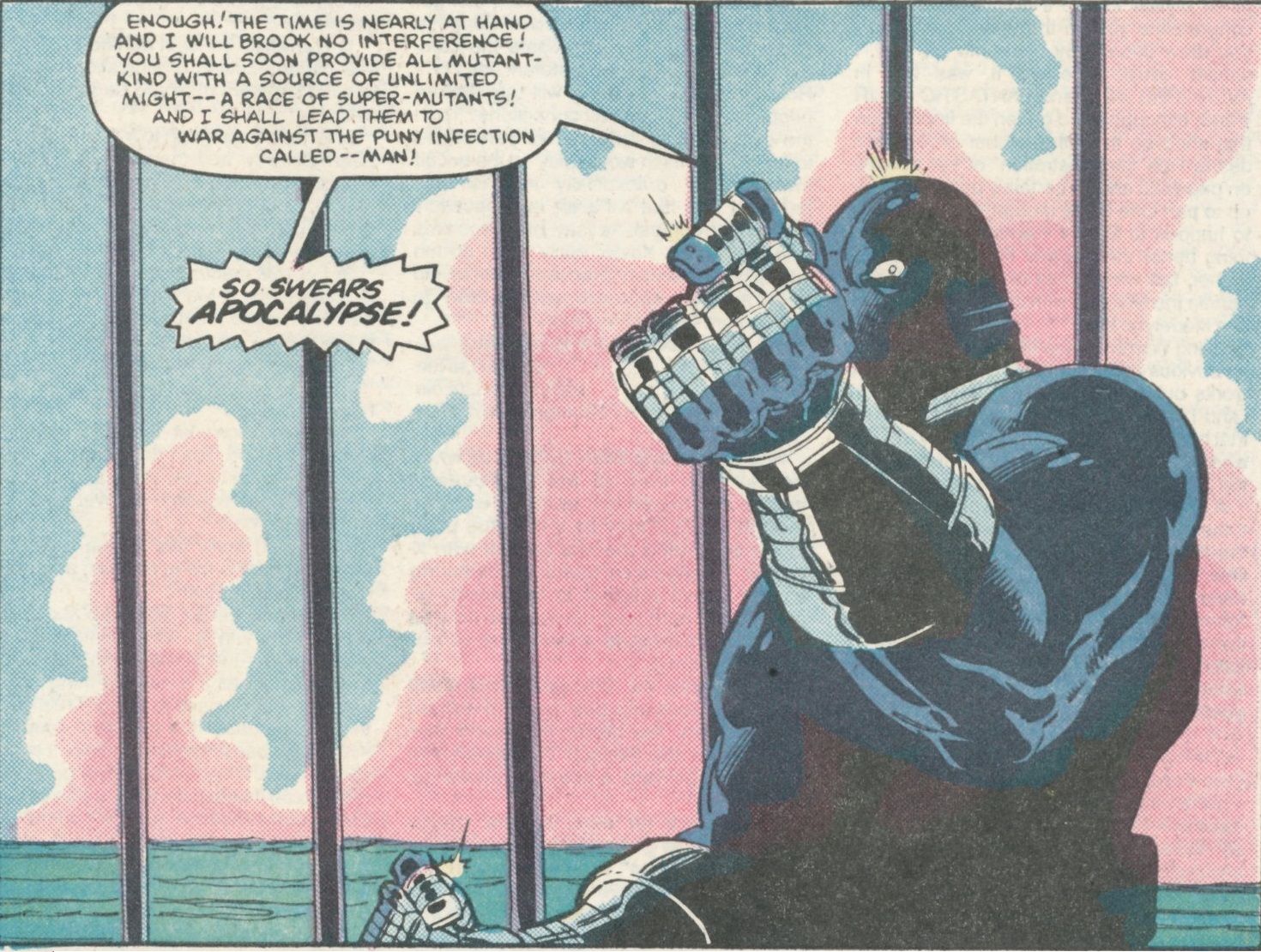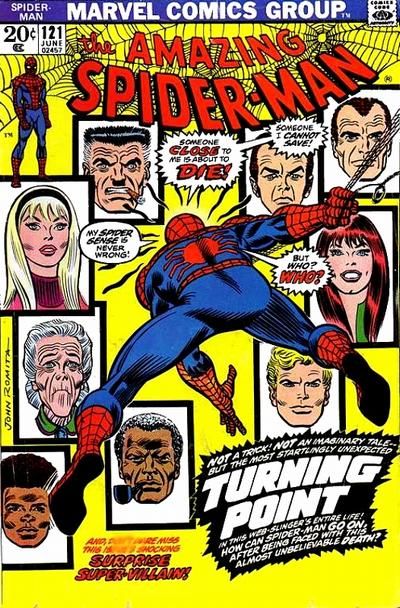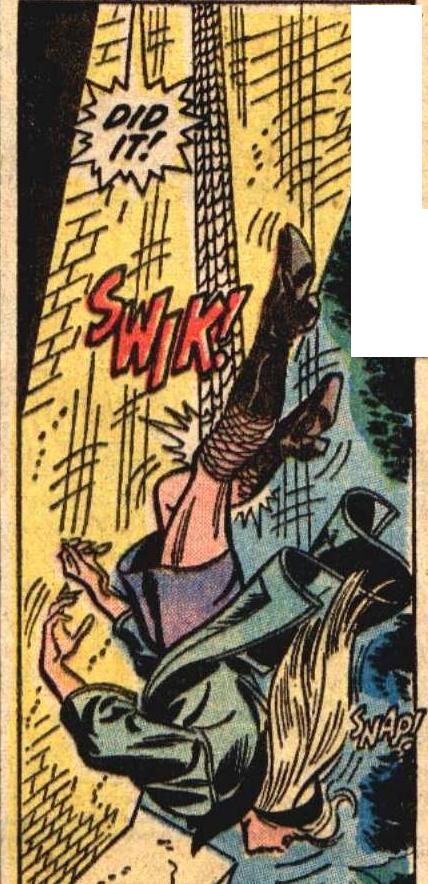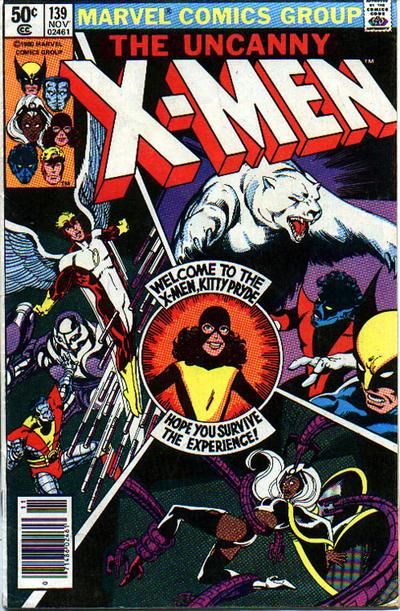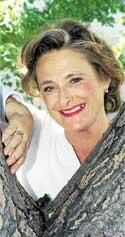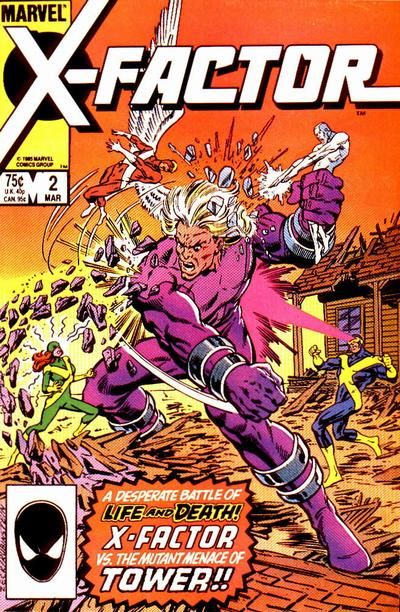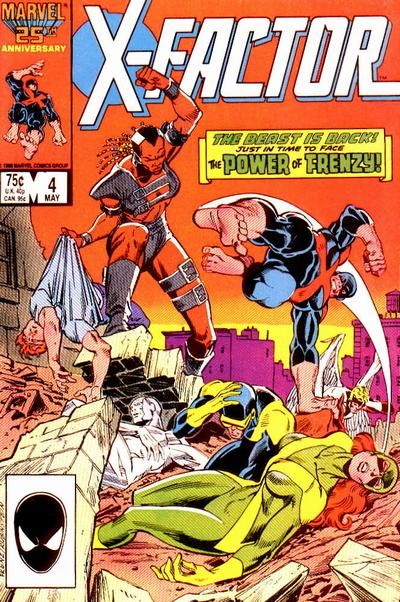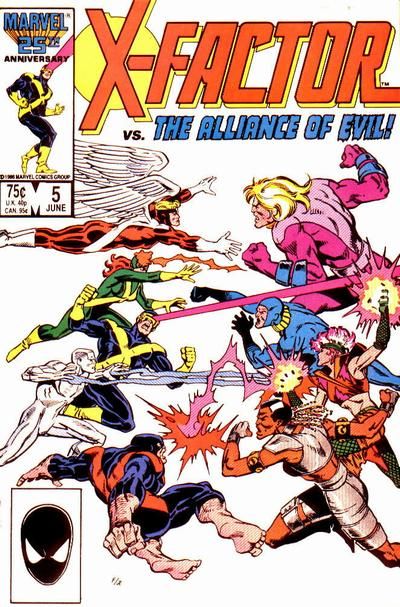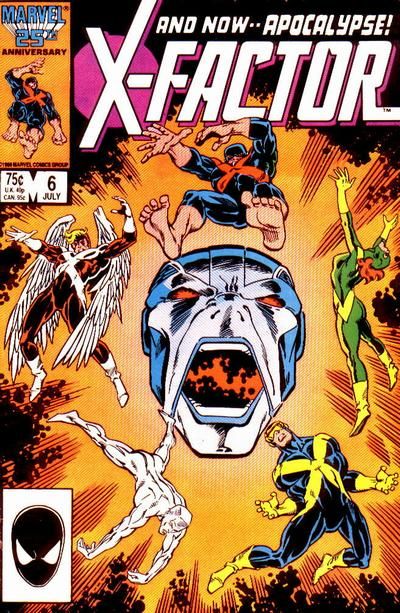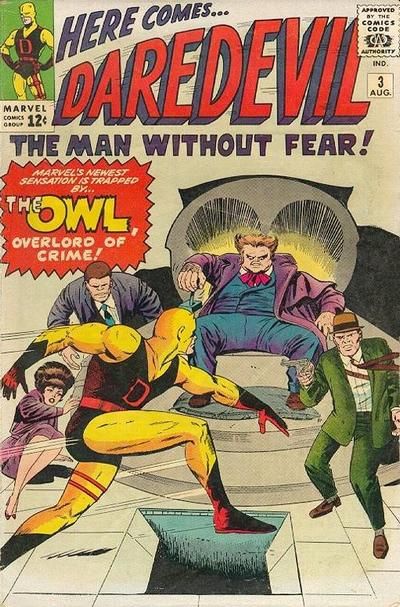This is the forty-second in a series of examinations of comic book urban legends and whether they are true or false. Click here for an archive of the previous forty-one.
Let's begin!
NOTE: The column is on three pages, a page for each legend. There's a little "next" button on the top of the page and the bottom of the page to take you to the next page (and you can navigate between each page by just clicking on the little 1, 2 and 3 on the top and the bottom, as well).
COMIC URBAN LEGEND: Gerry Conway did not intend to include the "snap" in the death of Gwen Stacy
STATUS: False
One of the most controversial issues in comic book history was Amazing Spider-Man #121, which featured the death of Peter Parker's girlfriend, Gwen Stacy.
One of the most controversial aspects of the comic was HOW Gwen died. As seen in the following panel, there was a tiny snap when Spider-Man attempts to snare her after she has been tossed off a bridge by the Green Goblin.
It is not clear in the comic whether she was actually killed by the snap to hear neck or shock from falling. In fact, the Green Goblin actually argues that it WASN'T the snap that did her in, yelling to Spider-Man, "Romantic idiot! She was dead before your webbing reached her! A fall from that height would kill anyone-before they struck the ground!"
In fact, in a bizarre event rarely seen in comic of the day, Marvel took the letter column of #125 to specifically address the death of Gwen Stacy (also, to defend Stan Lee and Gerry Conway). Part of the piece was, in a way, a comic book autopsy. The column reads,
it saddens us to have to say that the whiplash effect she underwent when Spidey's webbing stopped her so suddenly was, in fact, what killed her. In short, it was impossible for Peter to save her. He couldn't have swung down in time; the action he did take resulted in her death; if he had done nothing, she still would certainly have perished. There was no way out.
However, the snapping action is different than literally having her neck snap.
In some reprints of the story, the little "snap" noise has been excised. Stan Lee (in Comic Buyers Guide #1277) even expressed some unease with the idea of her neck snapping, "I wasn't aware of that. To me, that's a little too - I don't think we have to know her neck snapped, you know what I mean?"
Therefore, perhaps BECAUSE of this unease, for awhile, different creators involved with the issue, from artist Gil Kane to letterer Artie Simek even to Art Director, John Romita, were rumored to have added the little "snap" sound effect.
However, at the end of the day, Gerry Conways admits that it was part of his initial story idea.
In Tom DeFalco's book of interviews, Comics Creators on Spider-Man, Gerry Conway speaks of including the snap, and how "It's one of a very few inspired moments in my career when my subconscious mind made a choice that meant so much more than my conscious mind ever intended."
So, if you want to blame, or praise, someone for the snap, blame/praise Gerry Conway.
(Thanks to Peter Sanderson for the Conway quote, Al Sjoerdsma for the Lee quote and Arnold T. Blumberg for the quote from #125)
On the next page, did the real-life inspiration for Kitty Pryde have to change her name because of the character?
COMIC URBAN LEGEND: The woman who was the titular basis for Kitty Pryde has since changed her name due to unwanted comic book fan attention.
STATUS: True
Kitty Pryde made her debut in Uncanny X-Men #129, in late 1979. Her co-creator, John Byrne, has never hid the fact that her name was based upon a classmate of his at art school.
But what's interesting is what happened to the "real" Kitty Pryde AFTER the X-Men Kitty Pryde was introduced.
In a story from the Calgary Sun by Louis B. Hobson (courtesy of The Cat Box, which is now twice in one week that I have cited The Cat Box...freaky)
It all happened back in 1973 when she was a student at the Alberta College of Art in Calgary. One of her classmates was John Byrne who would go on to become one of the more prolific writer/artists for Marvel Comics.
"I first noticed John in our (still-life) classes. While the rest of us were drawing the nudes, John would be making sketches of Superman and Spiderman. One day he told me he loved my name and promised when he became famous at Marvel Comics, he'd name his first character after me." Pryde thought nothing of the compliment.
In 1980 when when she was living and working in Toronto, Pryde received a package in the mail. It contained one page of Byrne's original sketches for his Kitty Pryde character plus a signed copy of the comic book it eventually became. He'd signed it: "To Kitty, the real one. Thanks for the use of the name." The X-Men comics became one of Marvel's best sellers.
Kitty eventually morphed into an action figure like so many of her mutant friends. "Kitty started out as a young girl with superhuman powers. By the time they created her action figure, she'd become a major chick. She may bear my name, but she wasn't modelled after me. I only wish I had knockers like that," jokes Pryde.
Ulimately, in the early 90s, in an attempt to regain her anonymity, Pryde began going by the name K.D. Pryde.
I will save you any horrible reference to her wanting to sometimes be able to walk through walls to get away from the attention.
On the next page, was Apocalypse originally meant to be the OWL?!
COMIC URBAN LEGEND: Apocalypse was originally going to be the Owl.
STATUS: Basically True
In the early issue of X-Factor, writer Bob Layton introduced a number of new villains, starting with #2 and Tower...
then Frenzy in #4...
leading to the revelation that the two were in a team, The Alliance of Evil, along with two other members, Timeshadow and Stinger.
At the end of the issue, we meet their mystery "master," who, although shrouded in shadows, is clearly a big fella.
In the next issue, we learn that the villain is Apocalypse, who would go on to become a significant X-Men villain (you can read more about Apocalypse's history here).
However, the mystery "master" was NOT meant to be Apocaylpse and that last page was not initially in the comic. No, it was originally going to be revealed to be former Daredevil villain, the OWL!
Layton planned on revitalizing the character, making him a serious threat and the main villain of X-Factor going forward. The Owl is a compelling character to try to revamp, as many comic book writers have tried it since then, including most recently Mark Waid.
In any event, Louise Simonson was taking over the writing chores on X-Factor with #6 and she preferred to have the mystery villain be a NEW villain to add to the mutant mythos, so Layton, on the way out, was asked to have it changed, and he, being a sporting soul, did so.
So Guice re-drew the final page...
And the rest is history.
Imagine The Age of Owl!!! That would have been awesome!!
Thanks to Bob Layton for the confirmation that he was, indeed, planning to have the Owl as the big bad guy.
Well, that's it for this week, thanks for stopping by!
Feel free to drop off any urban legends you'd like to see featured!!

